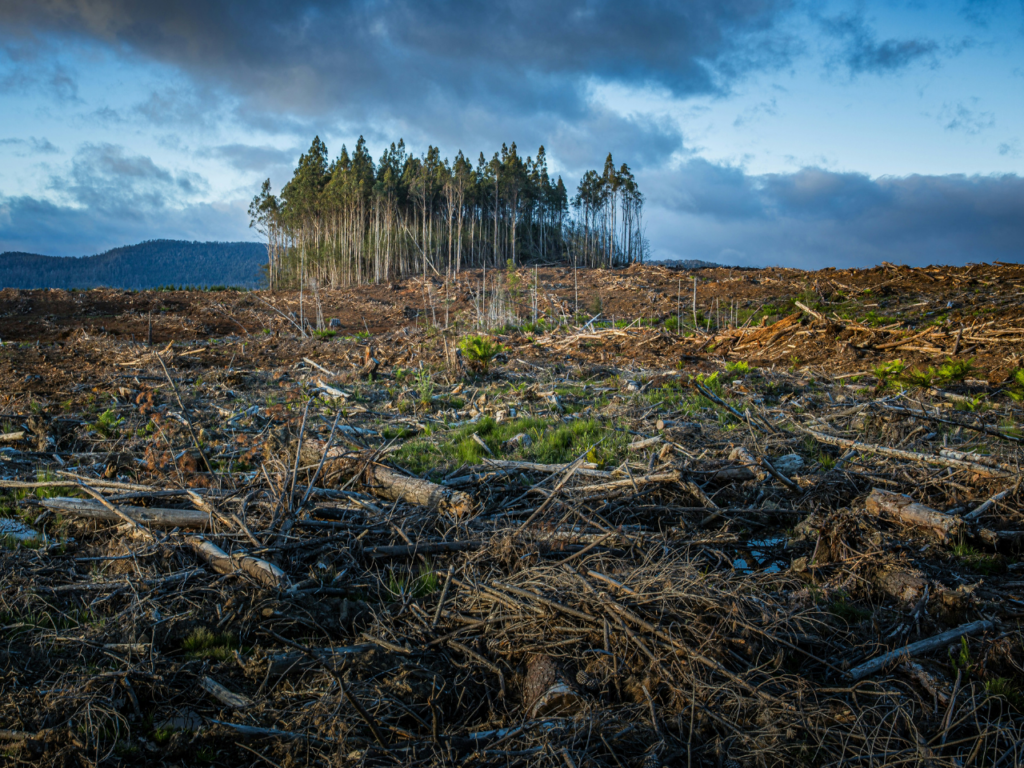Overcoming blue economy challenges: Paving the way for Africa's renaissance, By Uche Igwe

Africa’s blue economy can constitute a significant source of wealth that can catapult the continent’s fortunes. It is estimated that by 2030, Africa’s blue economy will grow to $405 billion, including $100 billion generated by coastal tourism, generating 57 million jobs. The African Union highlights that 90 per cent of Africa’s imports and exports are transported by sea, making the continent a strategic gateway for regional and international trade.
African countries can become more prosperous if they systematically harness the enormous potentials of the blue economy in the region. However they must put in the place the right policy regime to overcome the challenges like maritime insecurity, environmental pollution and climate change.
Africa has enormous blue economy potentials. Thirty-eight African countries are coastal and island states with 13 square kilometres of ocean territory, 30,000 kilometres of coastlines and 1.5 square kilometres of Exclusive Economic Zones (EEZ). Many of these remain underexploited. Marine resources available in Africa, including freshwater bodies and oceans, can offer valuable economic opportunities such as fishing, aquaculture, seabed mining, trade, tourism and transportation.
Africa’s blue economy can constitute a significant source of wealth that can catapult the continent’s fortunes. It is estimated that by 2030, Africa’s blue economy will grow to $405 billion, including $100 billion generated by coastal tourism, generating 57 million jobs. The African Union highlights that 90 per cent of Africa’s imports and exports are transported by sea, making the continent a strategic gateway for regional and international trade. With the recent decline in carbon-intensive fossil fuel production, the blue economy may hold the key to the much-expected African renaissance.
A Strategy for An Inclusive Blue Economy Was Launched in 2020
The blue economy refers to the concept of utilising ocean resources responsibly to improve livelihoods, economies and the general well-being of the marine ecosystem. The African Blue Economy Strategy seeks to harness the diverse opportunities in the blue economy and provide member states and sub-regions with the opportunity to develop inclusive blue economies. The major sectors highlighted include fisheries, aquaculture, tourism, transport, coastal mining and energy. A Blue Governance Framework has been launched for implementation through an institutional arrangement for coordinated planning and monitoring. The Great Blue Wall Initiative was presented to achieve a resilient blue economy ecosystem and unlock regenerative livelihood opportunities and adequate funding.
Pollution is also a significant impediment to the development of the blue economy. A widespread practice in rural communities and slums in many African countries is to dump sachets and single carrier bags and dispose off plastic products indiscriminately. For instance, Nigeria ranks ninth globally among the countries with the highest contributions to plastic pollution. It is estimated that over 88 per cent of the 2.5 million tonnes of plastic waste generated in Nigeria end up in water bodies like rivers, lakes, lagoons and the ocean.
Climate Change-induced Flooding Remains a Challenge
Climate change affects coastal and marine ecosystems, causing erosion and marine population, which are difficult to measure. The rising temperature of seawater significantly impacts marine biodiversity, the primary production of phytoplankton, and fish distribution. Widespread flooding in West and Central Africa continues to be a challenge, especially in Cameroon, Chad, Nigeria and Niger. In 2024, more than 300 people died during the flooding incidents that occurred in 29 out of 36 states of Nigeria, leading to mass displacement and destruction of about 1.5 million hectares of cropland. Several neighbourhoods, particularly in states like Bayelsa and Delta, were affected. Other countries like Somalia, Ethiopia, Kenya and Burundi also had torrential rainfalls that led to catastrophic flooding in 2023.
African Waterways As Death Traps
In many African countries, coastal community residents prefer to commute by boat because it is often quicker, devoid of traffic congestion and more affordable. However, many boats are old, poorly maintained and usually overloaded due to a lack of investment, while operators are hardly well-trained. As a result, boats are in poor mechanical states, safety protocols are hardly enforced, and professional rescue operations are often unavailable due to the absence of regulation. Accidents occur frequently, leading to fatalities, as professional search and rescue operations are non-existent.
In October 2024, 78 people died in a single-boat accident in Lake Kivu in the northern Democratic Republic of Congo. A few months later, a boat carrying 200 passengers travelling across River Niger in Nigeria capsised, and a rescue team later recovered 54 dead persons. A similar incident took place in Zamfara State of Nigeria, where 64 persons died, and yet another in Bayelsa State. The accurate number of fatalities is difficult to obtain, but the worldwide passenger vessel incidents in 2024 showed that Nigeria had the second highest number of fatalities involving passenger vessels at 423, coming behind the Democratic Republic of Congo at 950.
Coordinated action must replace business-as-usual. Countries that do not have formal blue economy policies should begin formulating one. Countries must draw from the continental blue economy strategy to develop their own at the country level, on the basis of the peculiarities of their contexts. Accurate data must be generated to inform policy making. Initiatives that support improved solid waste management of marine plastics, while advocating awareness for policy change, must be encouraged.
Marine Pollutants Negatively Impacting the Blue Economy
Pollution is also a significant impediment to the development of the blue economy. A widespread practice in rural communities and slums in many African countries is to dump sachets and single carrier bags and dispose off plastic products indiscriminately. For instance, Nigeria ranks ninth globally among the countries with the highest contributions to plastic pollution. It is estimated that over 88 per cent of the 2.5 million tonnes of plastic waste generated in Nigeria end up in water bodies like rivers, lakes, lagoons and the ocean.
Insecurity remains a significant threat to the blue economy in Africa. The Gulf of Guinea is an important shipping zone for goods from Europe and Asia, and it is usually seen as a focal point for sea piracy, armed robbery, hostage-taking and illegal fishing. The African maritime domain is characterised by ungoverned spaces, making it vulnerable to invasion by non-state actors. Fishing communities near Lake Victoria in Uganda live in fear due to repeated attacks by sea pirates. Passenger boats have been hijacked, and travellers regularly kidnapped by gunmen and militants in the Niger Delta of Nigeria.
Stopping Business-As-Usual to Usher In Sustainable Development
Coordinated action must replace business-as-usual. Countries that do not have formal blue economy policies should begin formulating one. Countries must draw from the continental blue economy strategy to develop their own at the country level, on the basis of the peculiarities of their contexts. Accurate data must be generated to inform policy making. Initiatives that support improved solid waste management of marine plastics, while advocating awareness for policy change, must be encouraged. Safety protocols for marine transport, as well as a sound regulatory ecosystem, should be encouraged. The severity of climate change impacts on marine ecosystems must be recognised, while developing practical measures for adaptation. Efforts must be made to build the capacity of stakeholders to understand how to manage marine and coastal resources in an integrated fashion, to deliver more lasting benefits to countries and communities.
Uche Igwe is the co-founder of Africa Blue Economy Alliance (ABEA) and Visiting Professor at Polish Centre for African Studies in Wroclaw. He can be reached through [email protected]











